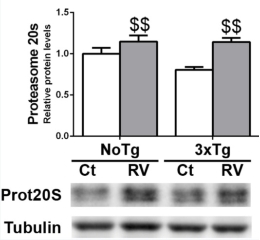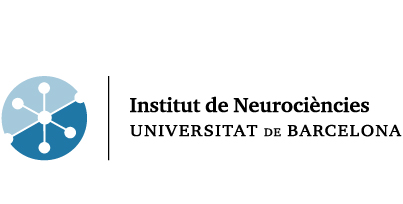Researchers find reservatrol protection mechanism against Alzeimer’s cell alterations

The new study reveals that supplementary doses of resveratrol in mice diets boosted the activity of those cell mechanisms that damage the brain’s aberrant proteins
Reservatrol, a natural antioxidant found in fruits such as grapes, boosts the protecting mechanisms that damage aberrant proteins, according to a research study that has been published in the journal Molecular Neurobiology –with the participation of the researchers Mercè Pallàs and Cristian Griñán-Ferré, from the Group on Neuropharmacology in Aging and Neurodegeneratio of the Institute of Neurosciences of the University of Barcelona, and the Biomedical Research Networking Centres in Neurodegenerative Diseases (CIBERNED).
The health effects of resveratrol have been described in several studies in the scientific bibliography. Researchers had conducted in vitro studies and other studies with laboratory animals, which stated that this polyphenolic compound could fight diseases such as Alzheimer’s. However, action mechanisms are unknown. The new study, led by experts of the Institute of Biomedical Research of Barcelona (IIBB) — from CSIC and IDIBAPS— reveals that supplementary doses of resveratrol in mice diets boosted the activity of those cell mechanisms that damage the brain’s aberrant proteins.
Boosting aberrant proteins’ degradation mechanisms
In the new study, carried out with model animals, resveratrol was added to the diet of two mice groups (a control group and a mice model with Alzheimer’s disease group). Results show an improved response in the learning process of both groups, and specifically, a protecting effect against memory loss and the effects of the disease in the models that were affected by Alzheimer.
In this work, experts detected an increase in the proteolysis activity, that is, the degradation of aberrant proteins such as β-amyloid and hyperphosporilated tau protein, the main causers of neural death. Actually, β-amyloid protein in amyloid plaques and tau protein in neurofibrillary balls are differential indicators of Alzheimer’s in the brain tissue. The new study reveals that resveratrol intake produces an increase of the neprilysin enzyme ─which damages β-amyloid protein─ and the proteasome, a proteinaceous compound that breaks aberrant proteins. It also states there is a decrease of the β-secretase enzyme, which starts the creation of the β-amyloid protein.
Conclusions also point out that “resveratrol activates the molecular pathway of neuroprotection for SIRT1” says the first author of the study, Rubén Corpas, researcher from the Epidemilogy and Public Health Networking Biomedical Research Centre (CIBERESP) at the Institute of Biomedical Research of Barcelona.
Activation of SIRT1 and proteolysis mechanisms in healthy mice is important “and it shows it is possible to acquire a certain brain resilience against future neurodegenerative diseases”, notes Coral Sanfeliu, CSIC researcher who leads the study.
The new preclinical study opens the door to regard resveratrol ─or its derivating compounds to improve bioavailability- as a preventive or slowing factor for Alzheimer’s. However, in humans, Alzheimer’s disease is more complex and severe and there is still a long way to go until we find an efficient therapeutic solution, authors say.



